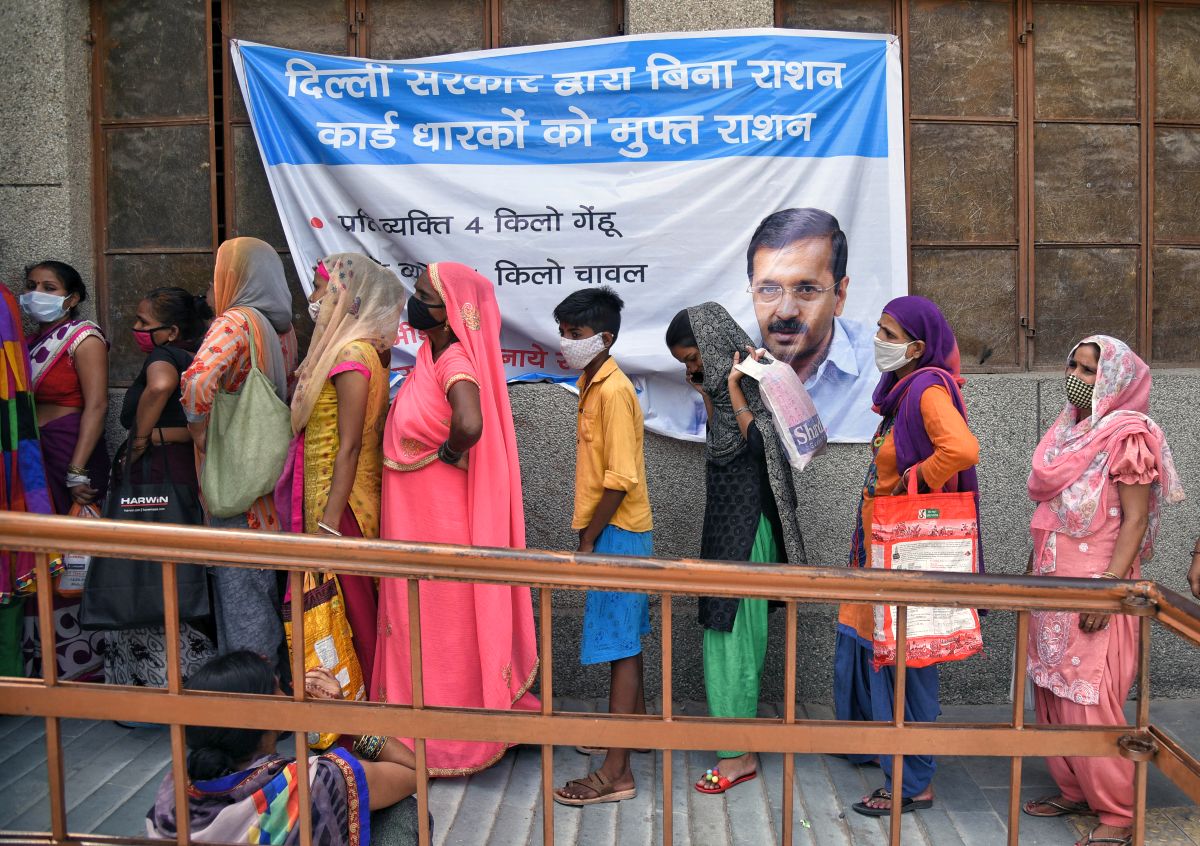
Brij Bhardwaj
There is need for a public debate on culture of freebies being offered by some opposition parties in different states. What started on a small scale by offering gifts like pressure cookers, T.V sets and other small gifts has now been extended to promises of free water, electricity , allowances for unemployed , free education and free travel for women.. It is felt that if this trend continues we may reach a stage where budgets of States and Centre may become unmanageable leading to a situation like Sri Lanka, a country which became bankrupt and was unable to pay even for essentials like food and medicines.
If we look around we will find many countries around us are in serious trouble because they indulged in spending more than their capacity. The example of Sri Lanka is known to all. Even Pakistan, Nepal and Bangladesh are in trouble and are looking to International Monetary Fund for help. In Pakistan, inflation is running at around forty per cent and it is seeking help from IMF, as well as from countries like Saudi Arabia.
It is not to suggest that poor and needy should not be helped, but at the same time we also have to take care that the budget remains balanced. For instance, it is no secret that State Electricity Boards are facing tough times because States are unable to pay for electricity they buy and consume. The Centre has been forced to put curbs on buying of electricity by some States which have huge outstandings to power companies. In such a situation one can ask if there is any justification for offering free power or suggesting that small consumers will get bills with zero payment.
At present we face a situation where a large number of poor are facing tough times so the Government decided to give them free rations. This happened because of Covid and is fully justified, as no one can be allowed to die for lack of food to eat. The Government also undertook a massive drive for providing free vaccine to all to fight Covid, a step which also was necessary. The point is we need to distinguish between what is essential and what needs to be avoided.
We cannot allow State Electricity Boards to go bankrupt or transport companies running buses, or Railways to work at a loss. Our hospitals have to expand services to reach people in distant and remote areas . The poor and needy get subsidy in treatment, but there is no reason to extend free care and medicines to all including those who have capacity to pay for it. We also have to avoid duplication. For instance Aam Aadmi Party has opened Mohalla clinics in Punjab on Delhi model, where as Punjab is not able to fund enough doctors to run district hospitals or Primary health centres. Large number of posts of doctors remain unfilled for a long time.
It should be realised that what can be done in a revenue rich State like Delhi cannot be done in a state like Punjab which is under a huge debt or any poor State. In this context I would like to point out that in 1975 when Sheikh Abdullah became Chief Minister of Jammu and Kashmir he stopped food subsidy to use that money on providing facilities for education, health and other development works. What State has to do is build infrastructure to create jobs and not to give freebies. Investment in better education, health care, and infrastructure will help in creating jobs. Free gifts like I Phones , computers, free power, free travel and unemployment allowance, may hit headlines but will prove a drag on the economy.
India like the rest of the world is passing through difficult times because of Covid and war in Europe which has pushed up prices of crude oil, food grains and other essentials. In such times we need to be careful and spend on what is necessary and not indulge in schemes which will hurt the economy in the long run. We have to make sure that States and Centre balance their budget and not run deficits which will lead to inflation and hurt all but poor more in the long run.

